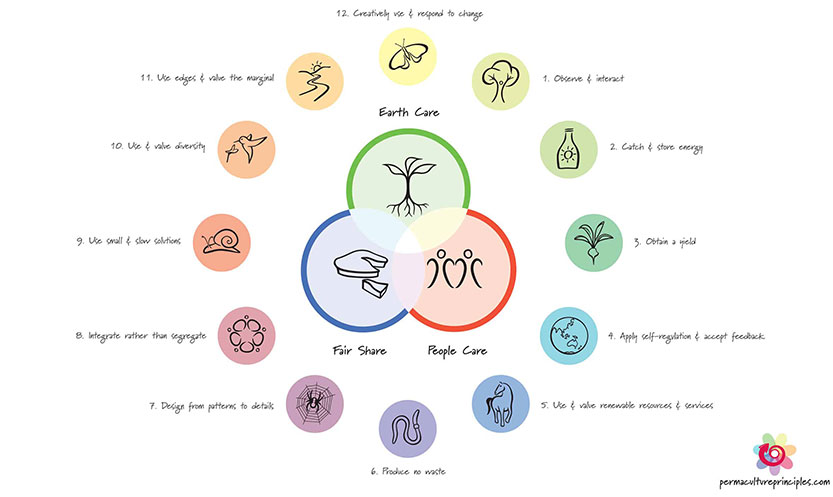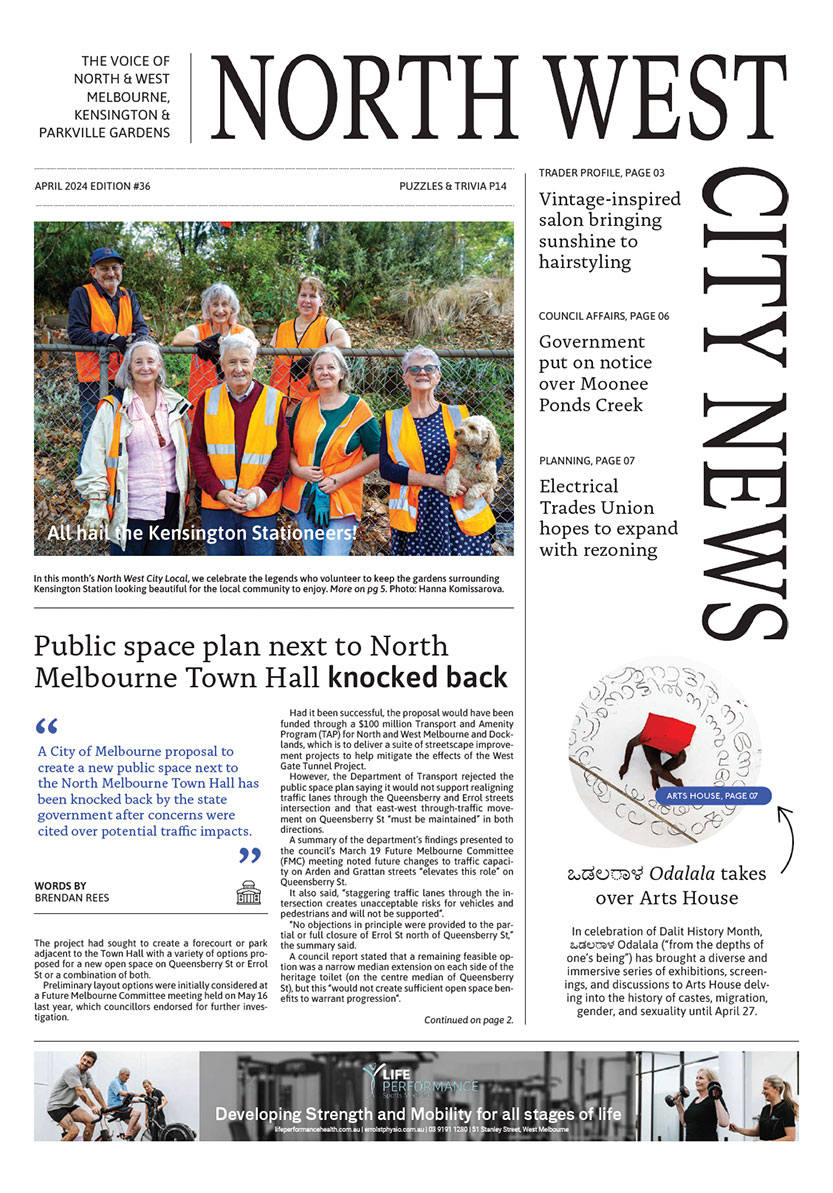Permaculture: one of Australia’s noblest exports
Permaculture provides a positive way forward of how humanity can work with nature to deliver its needs of shelter, food, water, energy and life purpose
Since the 1980s, permaculture has provided “hope” and the “how” to many wanting to actively make permanent culture change.
Permaculture shows people how to work with land and natural forces, to design a sustainable and regenerative life reliant on the sun’s energy – from a city balcony garden to a broadacre farm to a desert.
Permaculture considers energy consumption and the true costs of things by understanding the systems of production and consumption and limits of the earth so that we take responsibility for our own existence and that of our children. It not only sets this as a directive but also provides a way for us to do it through design principles and ethics.
Globally, (possibly) millions have heeded the call, undertaking permaculture design certificates (PDCs) and various permaculture trainings to apply change.
Permaculture premises that life is about cooperation, causing us to think how the parts interact with and work together so that we can put the elements together to interact beneficially with other life forms to create harmony. We the humans are the designers of these integrated systems.
Geoff Lawton, who is a leader in this space, said, “we believe that humans have a duty to be the most beneficial element in an environment instead of the most destructive.”

Permaculture has been taught globally since the 1980s as an interdisciplinary earth science. A multitude of books and publications have been written about it. Various demonstration sites, institutes and farms have been set up allowing participants the experience of working with nature.
One of the most famous examples is Geoff Lawton’s’ Greening the Desert project in Jordan.
“The Greening the Desert project is living proof that we can reverse desertification and bring back life to desolate barren lands. By living in harmony with nature and applying permaculture design practices to the landscape the possibilities are endless,” Mr Lawton said.
Permaculture has become a grassroots, international movement of practitioners, designers, teachers, groups, organisations and networks and has influenced many other movements like Transition Towns, Seed Savers, organic and sustainable farming, repair, localisation, and closed loop to name a few.
Bill Mollison is credited as the “father of permaculture” where through many years of exploration, spending time in nature and study led him in the 1970s to develop permaculture. He was joined by David Holmgren.
Bill Mollison passed away in 2016 and leaves behind a legacy of hope and self-responsibility.
Some local permaculture-inspired initiatives in Kensington include: The Kensington Food Forest, The Kensington Repair Hub, The Kensington Seed Savers, The Urban Farm Collective, The Kensington Fresh Food Market, The Kensington Compost Hubs and Transition Town Kensington.
For more information just enter “permaculture” into your search engine. •

Jo Ryan unveils Ordered Chaos at Blender Studios




 Download the Latest Edition
Download the Latest Edition